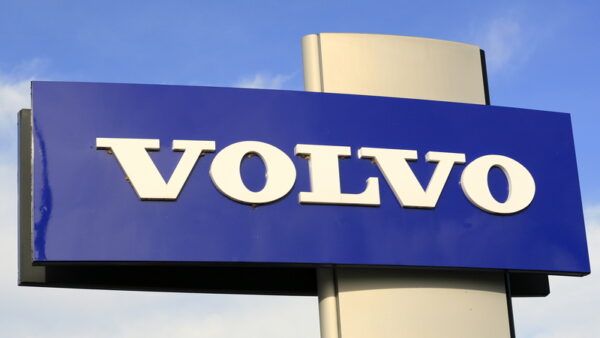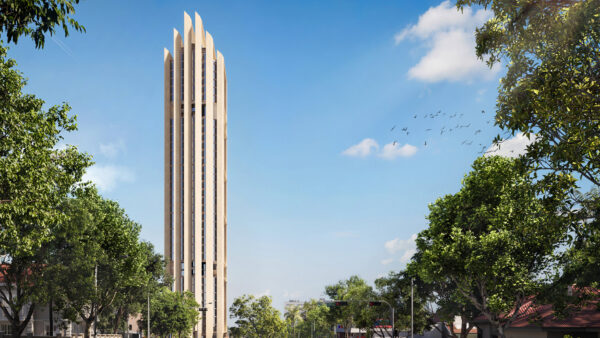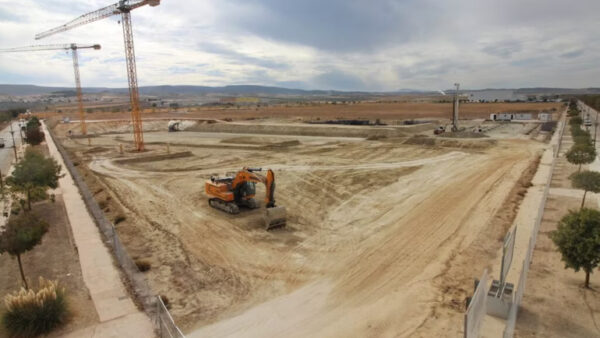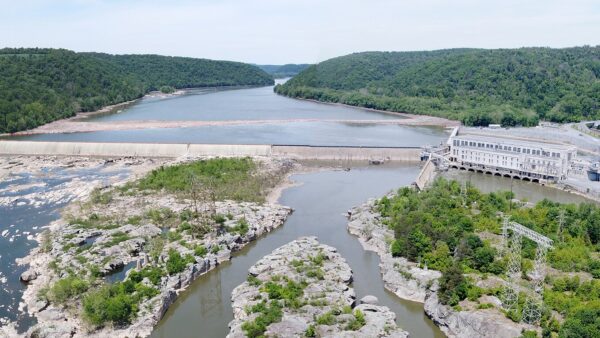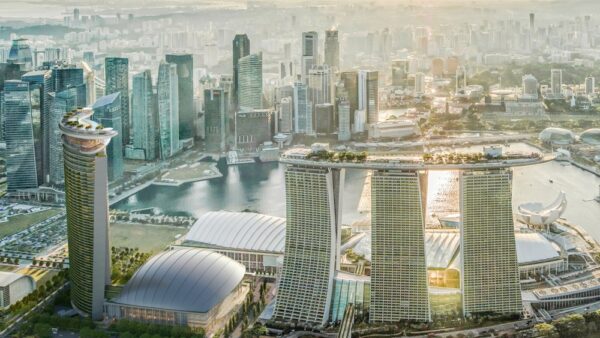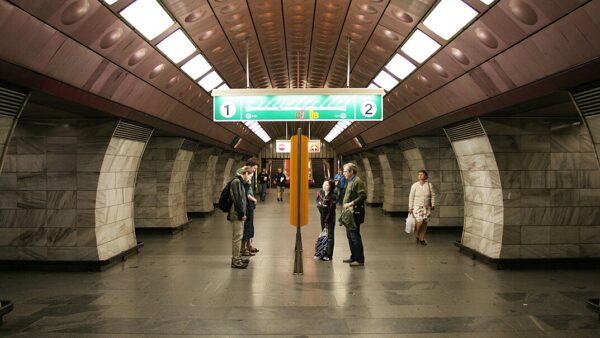A study by the French environment agency, Ademe, has found that the economic case for renewable energy is stronger than that for new nuclear reactors, dealing a blow to plans by the French government and energy company EDF to build a new generation of European Pressurised Water reactors, or EPRs.
Just last month President Emmanuel Macron said nuclear energy was a promising technology for low-cost, low-carbon energy, and asked EDF to draw up a programme of building works for EPR schemes by 2021.
But the Ademe study came out strongly in favour of renewables, recommending that the mix of green energy in the French system be increased to 85% by 2050, and to 95% by 2060.
It said the development of a new generation of nuclear power station would not be competitive for the French electrical system.
“The construction of an EPR in 2030 would require €4bn to €6bn of public support,” it said. “In the longer term, the extra cost of developing a 24GW EPR-based nuclear sector would be at least €39bn for the nation.”
Against this, the costs of renewable generation could fall to between €32 and €80 per megawatt hour by 2060, compared with about €100 today.
EDF generates about 75% of French electricity using 58 nuclear reactors. The EPR is EDF’s flagship third generation design, intended to be safer, more energy efficient and less polluting than earlier commercial scale reactors.
However, the first two projects in Europe, at Flamanville in Normandy (pictured) and Olkiluoto in Finland, have been hit by severe delays and cost hikes.
China’s Taishan 1 EPR-based project was completed successfully earlier this year, about five years after the original commissioning date.
Image: Flamanville on the Cotentin Peninsula (Manche Tourism)
Further reading:

